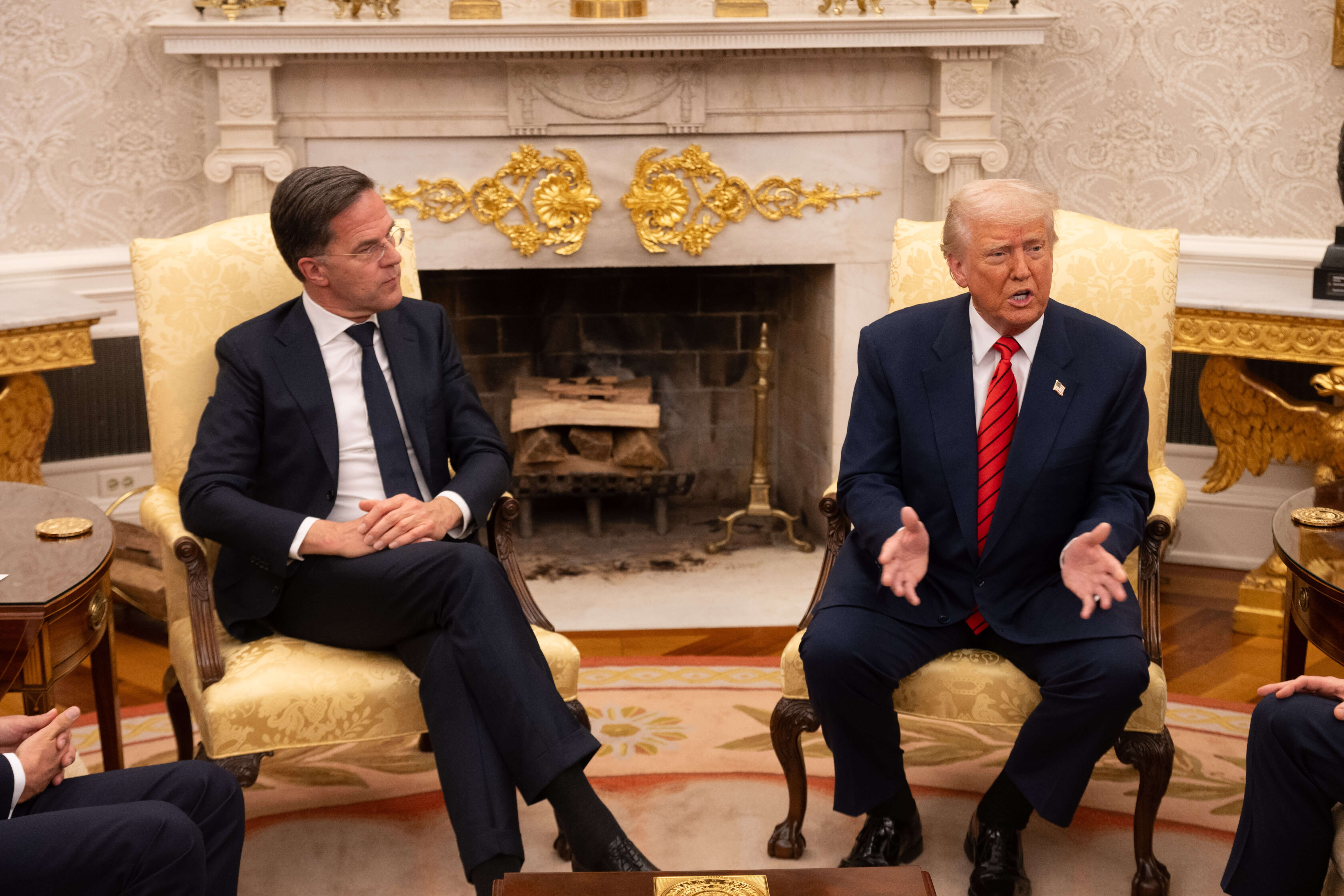Washington's attempt to make the US Vice President JD Vance and his wife Usha's visit to Greenland a state visit failed miserably because the local population simply did not want to meet the vice-presidential couple.
Instead of a high-level demonstration of soft power, Washington had no other choice but for the US Vice President to visit only the American military and the space base Pituffik in the northwest of the island.
Although the series of private visits from President Donald Trump's close entourage to Greenland continues, after the January visit of the president's son, there is less room for expectations that the US president will give up his ambitions to make Greenland American.
The Danish authorities, whose Greenland is a semi-autonomous territory, breathed a sigh of relief after JD Vance's visit and his failure to take even a symbolic step towards "conquering" the island, apart from his stay at the US base.
“It’s very positive that the Americans are cancelling their visit to Greenlandic society. Instead, they will visit their own base, Pituffik, and we have nothing against that,” said Lars Løkke Rasmussen, Danish Minister of Foreign Affairs.
Russia's support – surprise or not?
However, the US president's determination to take over Greenland in one way or another will not wane even after his vice president's apparently unsuccessful visit to this Arctic island.
Moreover, JD Vance himself announced before the visit that there would be no giving up: "We can't just ignore this place. We can't just ignore the president's desires."
After landing on the island, he was greeted by extreme cold; at the Pituffik base, it was minus 19 degrees Celsius at the time, which he commented on with not exactly polite words ("It's cold as shit"). The welcome from the local population was just as cold, as they did not want to meet neither him nor his wife, as almost all (85%) Greenlanders do not want to be part of the USA.
Putin was in the Arctic Circle, effectively giving the green light to American territorial claims
But American ambitions to take over the island received warm support from the other side, which was seemingly unexpected and apparently counterproductive. During the US vice president's visit to Greenland, Russian President Vladimir Putin was in the Arctic Circle, effectively giving the green light to American territorial claims.
"As for Greenland, this is a question that concerns two specific countries and has nothing to do with us," said Putin at a conference dedicated to the Arctic in the northern Russian port of Murmansk.
Greenland and Russia's interests
While Trump's ambitions to take over Greenland are causing considerable concern in Europe and among other US allies, it turns out that they are fully in line with Russian interests, including those in the Arctic.
Putin's disinterest in US plans regarding Greenland primarily stems from his interests regarding Ukraine. Since control over new territories is at the centre of both Russian and American ambitions, Trump's hunger for Greenland coincides with Russia's desire for the recognition of control over occupied Ukrainian territories, including the Crimean Peninsula.
Moreover, the American aspiration for control over Greenland is in line with the Russian vision of a world in which territorial division takes place in spheres of influence where there will be no mutual interference. This foreign policy approach has long been labelled by Moscow (and China) as a "multipolar" world.
The concern for the Arctic as a zone that should be free of territorial and military claims is completely put aside
The concern for the Arctic as a zone that should be free of territorial and, above all, military claims is completely put aside.
Putin emphasises that he sees a much greater security threat in the north from the new NATO member states Sweden and Finland than from the US presence in Greenland. This position reveals his intention to deepen the existing divisions in the Western camp in the case of Greenland as well, which will have a direct impact on the West's ability to respond to security challenges in which Russia is at the forefront.
Is there a European answer?
With the exception of Denmark, which is at the forefront of the resistance against American territorial ambitions towards Greenland, the European leaders are not showing any particular determination on this issue.
In a recent meeting at the White House, NATO Secretary General and long-time Dutch Prime Minister Mark Rutte remained silent on Donald Trump's words that the American annexation of Greenland "will happen."
 Mark Rutte remained silent on Donald Trump's words that the American annexation of Greenland "will happen"
Mark Rutte remained silent on Donald Trump's words that the American annexation of Greenland "will happen"
In January, France first proposed the possibility of sending its troops to Greenland, if necessary, provided Denmark agreed, but abandoned the idea at the end of the month.
The EU's usual insistence that the sovereignty and borders of independent states must be respected may no longer be a sufficient barrier against the obvious US aspirations and plans, which have recently been supported by Russia.
"The European Union can no longer afford to avoid a genuine geostrategic review of its transatlantic relations, its commitment in the Arctic and its involvement with its Overseas Countries and Territories in general and Greenland in particular," wrote André Gattolin, former member of the French Senate, in a February report on the EU's relations with Greenland.
André Gattolin suggested that the EU could consider "significantly increasing its investment in the island, in a way that meets the needs and development aspirations of the Greenlandic population" as a potential strategy.